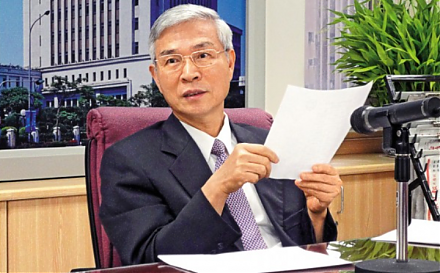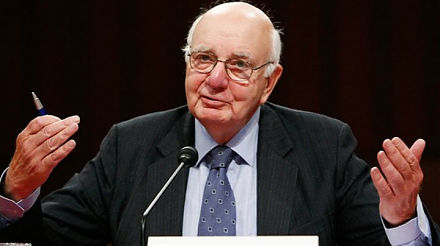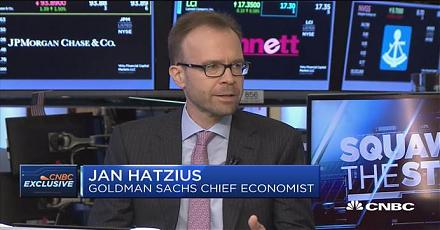

2019-04-26 09:33:00 Fri ET
stock market competition macrofinance stock return s&p 500 financial crisis financial deregulation bank oligarchy systemic risk asset market stabilization asset price fluctuations regulation capital financial stability dodd-frank
JPMorgan Chase CEO Jamie Dimon defends capitalism in his recent annual letter to shareholders. As Dimon explains here, socialism inevitably produces stagnation, corruption, and often worse. If the government controls companies, people direct economic assets to further political interests as enormous favoritism, corruption, and other preferential treatment lead to inefficient market outcomes. Dimon admits that capitalist countries need stronger social safety nets because there are some fundamental flaws with capitalism. A good example is universal healthcare, and thus Dimon now collaborates with Jeff Bezos and Warren Buffett to pioneer a cost-effective employee healthcare program for Amazon, Berkshire, and JPMorgan.
Dimon further defends capitalism because private enterprise is the true engine of economic growth in any country. Although economic growth may widen the income gap between the rich and the poor, most high-income countries emerge with tech titans, big businesses, and successful innovators.
Dimon observes that U.S. bank regulators now have fewer policy instruments to avert the next financial crisis. Banks can maintain sufficient liquidity, credit supply, and procyclical capital in rare times of extreme financial stress. Dimon emphasizes the importance of long-run business profitability in contrast to short-run gains such as one-year stock price performance and share buyback.
If any of our AYA Analytica financial health memos (FHM), blog posts, ebooks, newsletters, and notifications etc, or any other form of online content curation, involves potential copyright concerns, please feel free to contact us at service@ayafintech.network so that we can remove relevant content in response to any such request within a reasonable time frame.
2023-08-21 12:25:00 Monday ET

Steven Shavell presents his economic analysis of law in terms of the economic outcomes of both legal doctrines and institutions. Steven Shavell (2004)
2022-05-25 09:31:00 Wednesday ET

Net stock issuance theory and practice Net equity issuance can be in the form of initial public offering (IPO) or seasoned equity offering (SEO). This l
2025-06-13 08:23:00 Friday ET

What are the mainstream legal origins of President Trump’s new tariff policies? We delve into the mainstream legal origins of President Trump&rsquo
2019-03-01 13:36:00 Friday ET

Global economic uncertainty now lurks in a thick layer of mystery. This uncertainty arises from Sino-U.S. trade tension, Brexit fallout, monetary policy nor
2018-05-27 08:33:00 Sunday ET

The Federal Reserve proposes softening the Volcker rule that prevents banks from placing risky bets on securities with deposit finance. As part of the po
2017-03-27 06:33:00 Monday ET

Goldman Sachs chief economist Jan Hatzius says the Federal Reserve's QE exit strategy makes sense ahead of Fed Chair Janet Yellen's stepdown in 2018